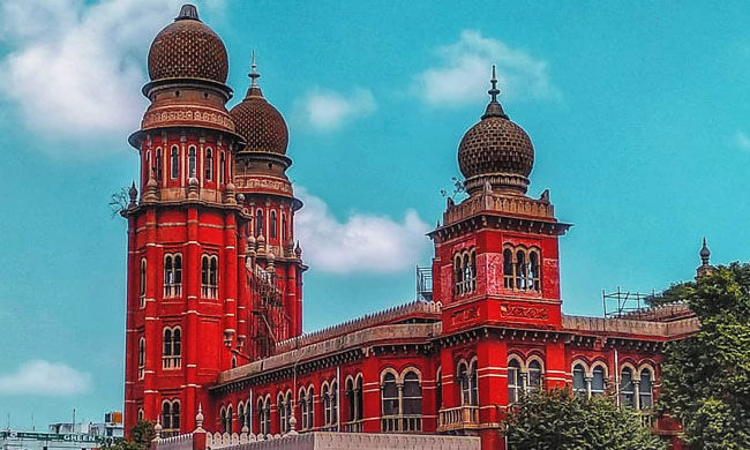Water Body Encroachment: Plea In Madras High Court Alleges State Of Discriminating Against Temples During Demolition Drive
Sebin James
8 Feb 2022 4:52 PM IST

Next Story
8 Feb 2022 4:52 PM IST
In a public interest litigation filed seeking directions to the state government for regularization and relocation of temples constructed on poramboke lands and water bodies, Madras High Court has asked the petitioner to file a detailed affidavit on how the current demolition drive for removal of encroachments have been religiously discriminatory.The first bench of Acting Chief Justice...
